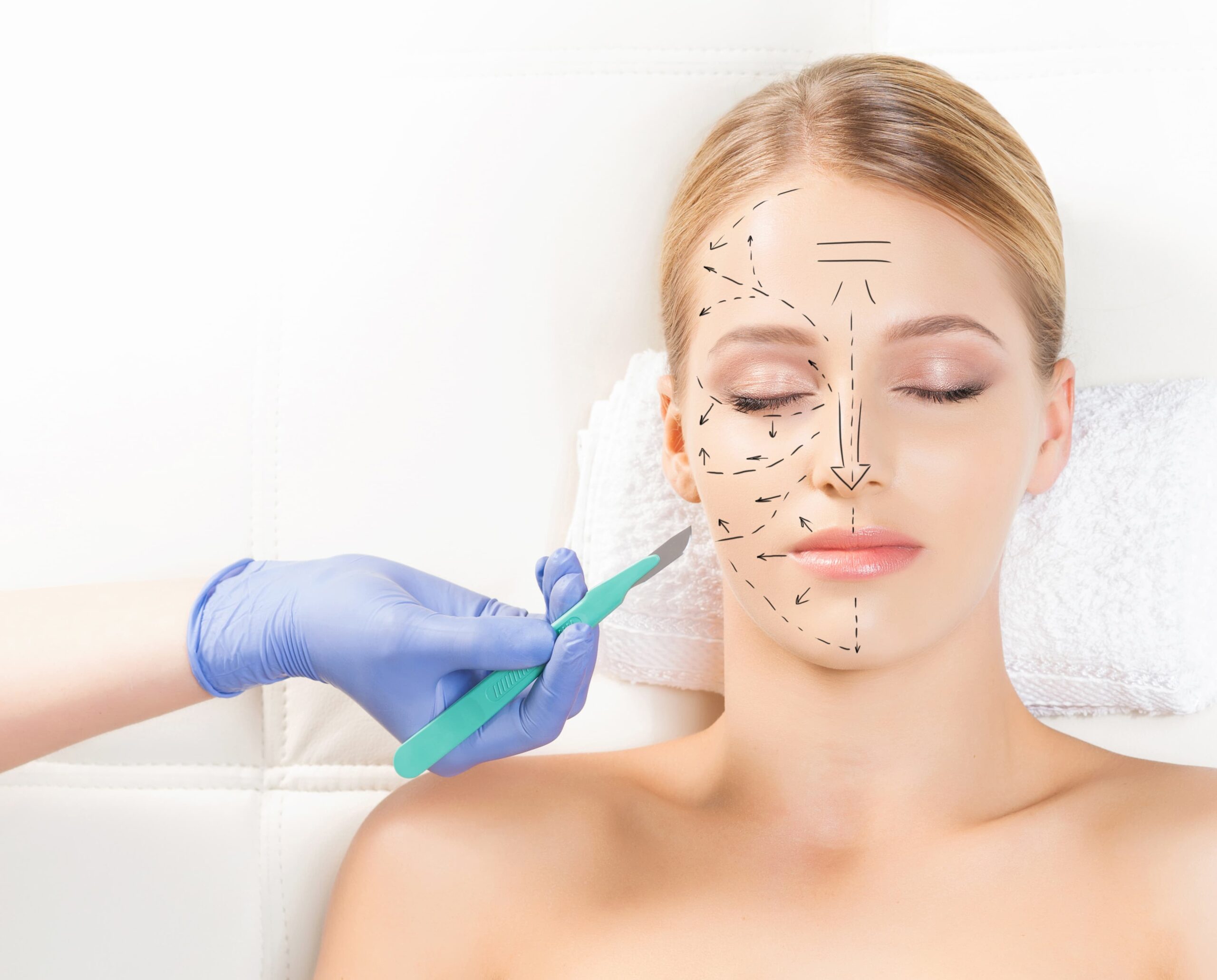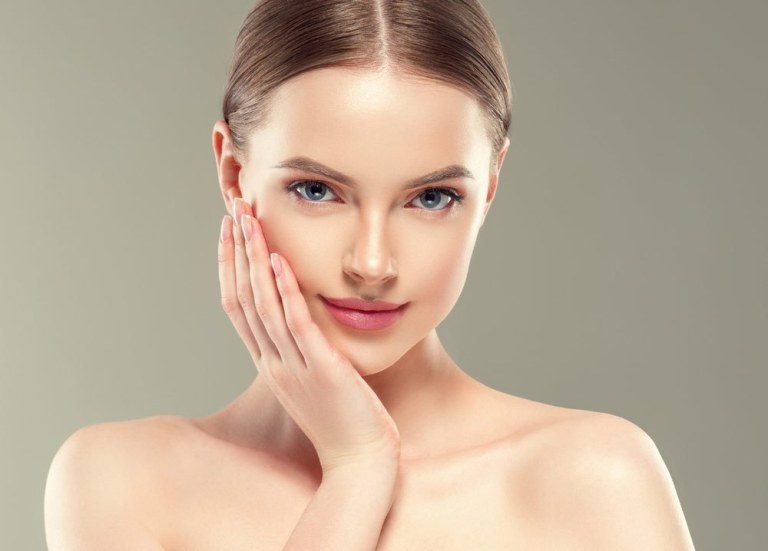Facelift Rancho Cucamonga: Turn Back the Clock with Advanced Anti-Aging Solutions
Facelift Rancho Cucamonga: Turn Back the Clock with Advanced Anti-Aging Solutions
Blog Article
Examining the Psychological and Social Variables That Drive Individuals to Think About Aesthetic Surgical Treatment as a Way of Improvement
The decision to go after plastic surgery frequently prolongs beyond plain aesthetic appeals, intertwining with social and mental characteristics that merit complete evaluation. Aspects such as self-confidence, pervasive societal elegance standards, and the pervasive influence of social media sites assemble to form specific inspirations for medical improvement. As these impacts come to be significantly popular, recognizing the underlying emotional and cultural contexts is essential. What stays to be checked out is the extensive impact these aspects have not only on personal identity however additionally on broader societal standards and worths bordering charm and approval.
The Duty of Self-confidence
Self-esteem considerably affects an individual's decision to seek cosmetic surgical treatment. Individuals with low self-confidence frequently view themselves in an adverse light, leading to sensations of inadequacy regarding their physical look.

Inevitably, the role of self-esteem in the decision-making process regarding cosmetic surgery highlights the complicated interplay between body photo, individual satisfaction, and mental health. Understanding this relationship is crucial for healthcare professionals to ensure that people are making notified decisions rooted in sensible assumptions and emotional health.
Societal Elegance Requirements
Influenced by pervasive media representations and social stories, social beauty criteria play a critical duty in shaping people' understandings of their own bodies. These standards are typically defined by an idealized kind of elegance that emphasizes traits such as slimness, youthful vigor, and proportion. As these suitables are perpetuated via numerous networks, including advertising, television, and movie, individuals often internalize these messages, resulting in dissatisfaction with their natural look.
The implications of these societal norms extend past aesthetic preferences; they can influence self-esteem, psychological health, and interpersonal partnerships. Individuals who regard themselves as disappointing these requirements might experience feelings of inadequacy, triggering a desire for plastic surgery as a way of attaining social authorization. This pursuit is usually fueled by the belief that complying with these perfects will certainly enhance not only physical appearance yet likewise social standing and personal satisfaction.

Influence of Social Media
The effect of societal beauty criteria is more intensified by the increase of social networks systems, where curated images and idealized representations of charm are ubiquitous. Customers are continuously revealed to filteringed system and edited photographs, which frequently illustrate unattainable physical attributes. This direct exposure grows a culture of comparison, leading individuals to analyze their very own look versus these often unrealistic criteria.
Social media site influencers and celebs frequently promote cosmetic treatments, stabilizing the idea that medical enhancements are a viable methods for attaining social perfects (plastic surgery rancho cucamonga). The presence of these improvements can produce an understanding that going through cosmetic surgery is a common method, thus influencing individuals to consider similar treatments as a path to improved self-esteem and social acceptance
Furthermore, the interactive nature of social media allows for prompt comments through sort and remarks, even more reinforcing the need to satisfy popular elegance criteria. Such interactions can aggravate sensations of inadequacy and drive individuals towards cosmetic surgical treatment as a way of gaining validation. Inevitably, social networks plays a critical duty fit understandings of charm, which significantly influences the decision-making processes bordering cosmetic surgical treatment.

Cultural Perspectives on Look
Across various cultures, perceptions of look are deeply rooted in historic, social, and financial contexts, forming people' sights on appeal and value. In numerous cultures, appearance functions as a substantial pen of identity, influencing social condition, professional possibilities, and personal relationships. As an example, in some cultures, light skin is commonly related to wide range and opportunity, while others may idealize darker complexion as symbols of toughness and authenticity.
Moreover, standard charm standards are often continued via cultural stories, media representations, and family Find Out More influences, causing differing ideals throughout various areas (plastic surgery rancho cucamonga). In Western societies, the focus on young people and physical conditioning usually drives individuals towards cosmetic improvement, while in certain Eastern societies, even more subtle modifications straightened with conventional aesthetic appeals might be preferred
Globalization and the spreading of digital media have actually further complicated these dynamics, developing a hybridization of appeal perfects that transcends geographical boundaries. As individuals increasingly navigate these social stories, the stress to adapt specific appearance requirements can cause the desire for cosmetic surgical treatment, mirroring a complex interaction of social worths and personal aspirations. Comprehending these cultural point of views is essential in addressing the inspirations behind plastic surgery factors to consider.
Emotional Influences of Cosmetic Surgery
Lots of people seeking cosmetic surgical procedure report experiencing extensive emotional effects that can substantially modify their self-perception and emotional well-being - plastic surgery rancho cucamonga. The desire for physical enhancement usually comes from underlying problems such as low self-confidence, body dysmorphic disorder, or social stress relating to charm standards. For some, the immediate post-operative phase can lead to a short-lived boost in self-esteem and complete satisfaction with their appearance, fostering a feeling of empowerment
Nevertheless, these favorable feelings might not be sustaining. Research shows that while some clients experience improved self-confidence, others may encounter elevated anxiety or clinical depression if their expectations are not met. This disparity can develop from unrealistic suitables perpetuated by media representation and social narratives bordering charm.
Furthermore, the mental implications of cosmetic surgical procedure prolong past the individual. Relationships with family members and pals might be stressed as social dynamics shift, bring about feelings of isolation or alienation. Inevitably, the mental influences of cosmetic surgical treatment are diverse and intricate, requiring cautious factor to consider by both prospective clients and medical care companies to guarantee educated decision-making and realistic expectations.
Final Thought
To conclude, the decision to go after plastic surgery is substantially influenced by a mix of self-confidence issues, societal appeal criteria, and social point of views on appearance. The pervasive reach of social networks additionally aggravates these stress, promoting unrealistic suitables that individuals commonly make every effort to attain. Understanding these social and emotional variables is essential for dealing with the inspirations behind cosmetic surgery, highlighting the need for an extra nuanced discussion surrounding appeal and self-acceptance in modern society.
The decision to seek cosmetic surgical treatment usually extends beyond mere Read Full Article appearances, linking with emotional and social characteristics that warrant thorough exam. Inevitably, social media plays an essential function in forming understandings of charm, which considerably impacts the decision-making procedures surrounding cosmetic surgery.
As people significantly navigate these cultural stories, the stress to conform to details look requirements can lead to the desire for cosmetic surgery, showing an intricate interaction of cultural worths and individual goals.In final thought, the decision to seek cosmetic surgical procedure is significantly affected by a combination of self-worth issues, social elegance requirements, and social point of views on look. Comprehending these psychological and social aspects is crucial for addressing the inspirations behind cosmetic surgical treatment, highlighting click to investigate the need for a much more nuanced discussion bordering elegance and self-acceptance in modern society.
Report this page